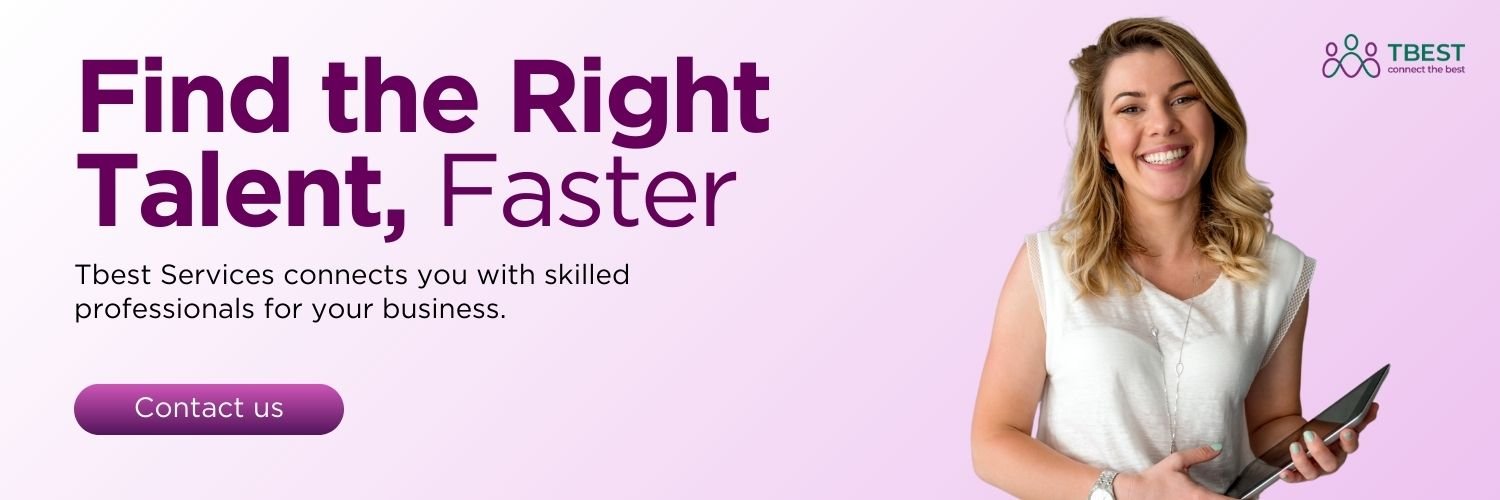
Hiring a private caregiver isn’t a simple task—it’s a decision that affects the safety, health, and emotional well-being of your loved one. You want someone reliable, respectful, and experienced. But more importantly, you want someone you can trust in your home.
Families are increasingly hiring private caregivers instead of going through agencies because it offers flexibility and can save money. But this approach also comes with risks if you don’t take the right precautions.
Understanding how to find private caregivers safely and securely is key to protecting your loved one and your household.
What Does a Private Caregiver Do?
Private caregivers provide home-based support for individuals who need help with daily living. Their duties often include bathing, dressing, grooming, meal preparation, medication reminders, and sometimes driving to appointments. Many also provide companionship, especially for seniors or people with disabilities.
Unlike agency-based caregivers, private caregivers are hired directly by families. That means no built-in background checks or contracts—those are up to you.
Where Can You Find Private Caregivers?
You can start your search in several places. Popular online platforms like Care.com and CareLinx connect families with independent caregivers. Local community centers, churches, and referrals from friends or neighbors are also common resources. Platforms like Nextdoor or Facebook community groups may have local listings.
However, keep in mind that most of these sources do not fully screen caregivers unless you pay extra or request it yourself. That’s why it’s critical to take safety measures into your own hands when searching.

What to Look For?
Knowing how to find private caregivers is only half the equation—the other half is ensuring they’re trustworthy.
Run a Background Check
Start by using reliable services like GoodHire or Checkr to check criminal history, driving records, and identity verification.
Verify Certifications
Ask for documentation like CPR, First Aid, or CNA certifications. You can confirm credentials through a state’s healthcare certification portal.
Contact References
Request at least two or three references from past clients. Call them and ask about the caregiver’s dependability, communication, and professionalism.
What Questions Should You Ask During the Interview?c
Interviewing isn’t just a formality—it’s your chance to learn how the caregiver thinks and responds under pressure. Ask direct questions like:
- How do you handle emergency situations?
- What kind of clients have you worked with?
- Can you describe a conflict you’ve had with a family and how you resolved it?
- How do you manage stress during difficult days?
These questions help reveal real experience and emotional maturity, both critical traits in caregiving.
Legal and Financial Protections You Need
Hiring privately makes you an employer in the eyes of the law. That means you’re responsible for taxes, paperwork, and employment rules.
You’ll need a written employment agreement outlining duties, pay, hours, and expectations. For tax compliance, refer to the IRS Household Employer Guide.
Liability insurance is also important—it protects you if the caregiver gets injured while working in your home. Finally, a confidentiality agreement helps ensure your family’s personal and medical information stays private.
According to AARP, skipping these steps can leave families exposed to legal or financial trouble.

Red Flags You Should Never Ignore
Hiring fast may seem tempting, but cutting corners is risky. Watch out for signs like:
- Refusal to provide references or identification
- Gaps in work history with no explanation
- Cash-only payment demands
- Overpromising with no proof of experience
- Unwillingness to undergo a background check
Even if a candidate seems friendly or comes with a personal recommendation, you should still do your own verification.
How Technology Can Help You
Several online tools now simplify how to find private caregivers by offering built-in background checks, payroll, and insurance features. CareLinx helps you manage payroll and vetting. Honor matches you with trained caregivers. Papa connects seniors with vetted companion care.
If you want expert help locally, TBest Services offers a secure recruitment service that screens caregivers thoroughly, handles contracts, and ensures legal compliance—so you don’t have to manage it all on your own. consistent scoring system and stick to it.
How Do You Attract More Diverse Candidates?
It starts with where and how you post your jobs. Go beyond Indeed or LinkedIn. Share your openings in community centers, trade schools, veterans’ networks, and disability-focused groups. Reach out to workforce development programs or career coaches in your area.
Also, show that your business is a place where people from different backgrounds can succeed. Use your website and social media to introduce your team, share your values, and talk about your commitment to fairness. If you’re just getting started with diversity, be transparent—people respect honesty over empty promises.
Conclusion
Understanding how to find private caregivers safely and securely takes effort, but it’s worth it. You’re hiring someone to care for a person you love—cutting corners is not an option. From background checks to employment contracts, each step matters. Doing it right protects your family now and down the road.
If you’d rather not go through the process alone, TBest Services is here to help. We connect families with professional caregivers who are already vetted, certified, and legally prepared to start work—no guesswork involved.
